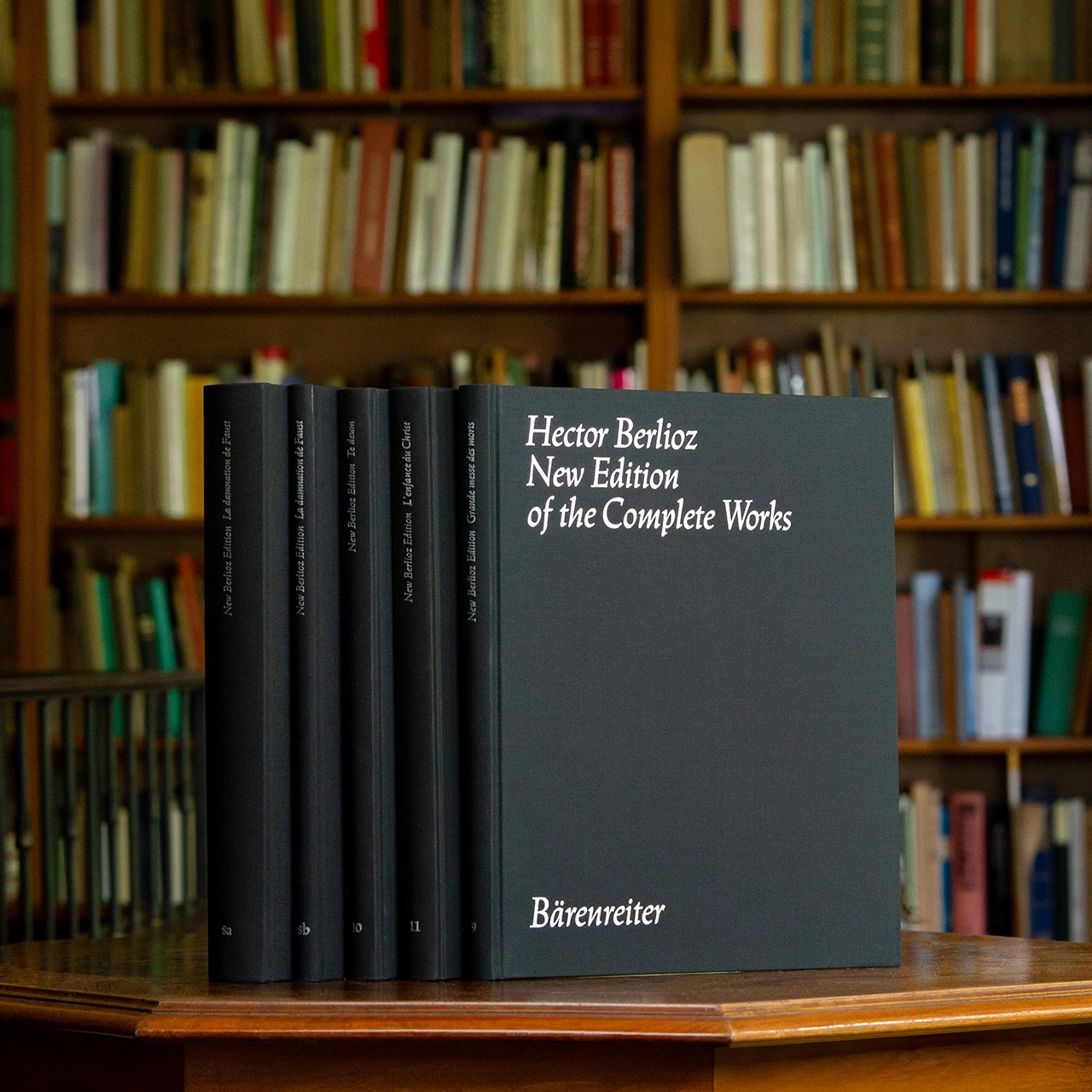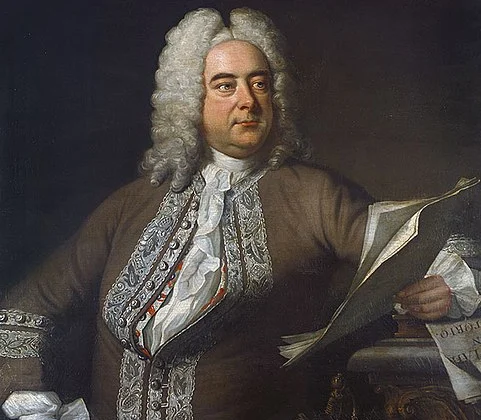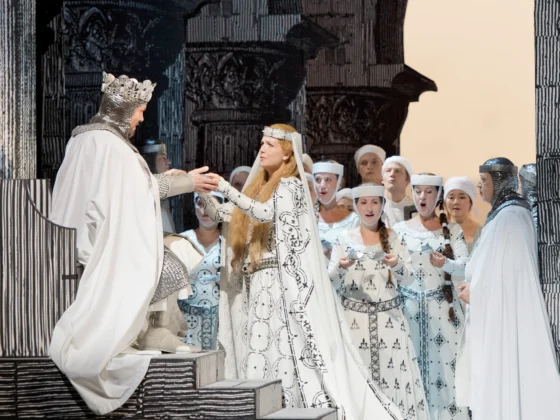“… in this way, the New Berlioz Complete Edition launched by Bärenreiter in 1969, the year of the Berlioz centenary, creates the basis for this composer to finally receive representative performances and to be understood in all his dimensions.” (Bayerischer Rundfunk)
“Where would we be without the New Berlioz Edition? It’s a magnificent example of modern music publishing, beautifully printed, intelligently edited and finely produced. Whenever I think of doing a Berlioz piece I turn to my black volumes!” (Sir Roger Norrington)
“The New Berlioz Edition has been an endless source of pleasure, information and inspiration for me ever since the initial ‘Les Troyens’ came out in the 70’s. Hugh Macdonald’s leadership has been brilliant and the work of Bärenreiter and its editors has given us exemplary musicological work as well as superior printing. This is clearly one of the major editorial efforts of our time and all my colleagues and I are grateful as we approach the anniversary year of 2003. Berlioz would be proud and feel vindicated after a lifetime of musical injustices.” (John Nelson)


